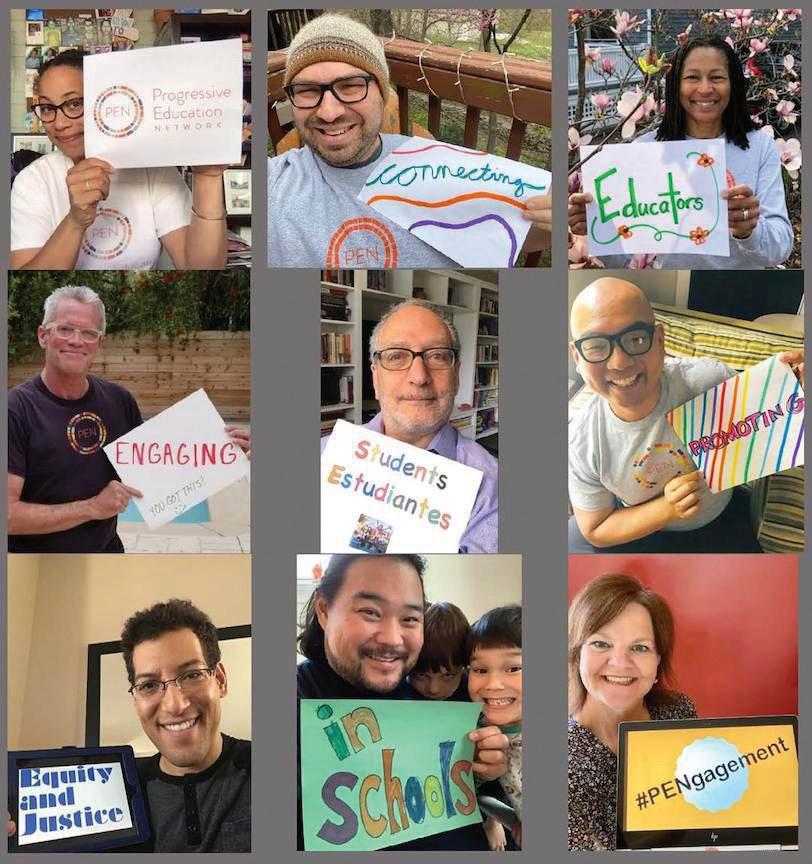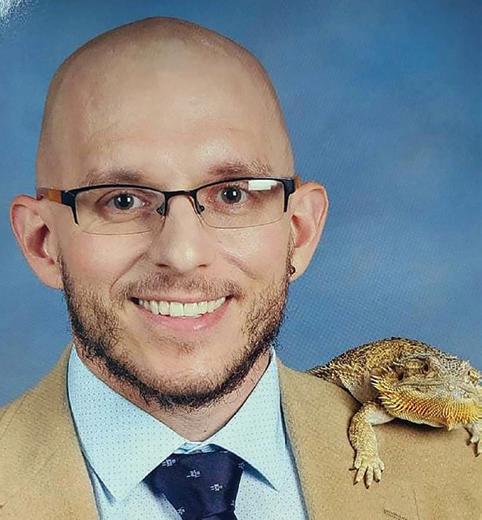Tools Humans Wield — by Becky Bob-Waksberg Five years ago, the students in my sixth grade math class were placed with me because they struggled. I described my students as ‘reluctant mathematicians’ because I knew they were capable of thinking mathematically, but when they saw a new challenging problem many of them reacted by staring blankly, putting their heads down, or even saying, “nope.” During a unit on rates and percents, I saw them work hard and build up their fluency with processes, but as usual when it came time to correct their tests, I was disappointed. They had some skills for how to find percents, but when asked to apply it to a fake ‘real-life’ situation about basketball players, they froze up. Over and over throughout the year, they told me they could not figure out how to apply their skills in word problems or situations. In the meantime, Darren Wilson wasn’t indicted, and I cried. I thought about one of my students, Brandon, who had written a poem identifying with Mike Brown. My social studies teacher friends were posting on Facebook about the ways they planned to talk about it with their students the next day, and in that moment I couldn’t remember why I had decided to teach math. How could I just close my classroom door and talk about fractions? The next morning, I put some fractions up on the board for students to write about for their warm-up: 67
,
483
,
3
100 519 53 After giving them a few minutes to compare the fractions as ‘naked numbers,’ I added in the context of what the fractions represented out of their total groups in Ferguson: black people living there, arrests of black people, and the number of black cops. The students talked about what they noticed and I gave them the term ‘disproportionate,’ then we moved on to the more official plan of the day. As she was packing up for her next class Aisha asked me, “Why aren’t we talking about this more in social studies?” I asked myself, why aren’t we talking about this more in mathematics? A few years later, I went to a math conference session I expected to love. The presenter shared that math is a great tool for understanding the world (at this point, I was listening excitedly) because, unlike the social sciences, it is completely unbiased and objective. This was when I started questioning my decision to be in the room. He then shared an example for us to analyze, the issue of excessive force by police. “Is this really a widespread problem?” he asked us. “Before we look at the numbers, what is your instinct?” An older white man in the front row said, “Well, I’ve never been mistreated by the police so I’d say, probably not.” 18
PEN The Journal of the Progressive Education Network Spring 2020











